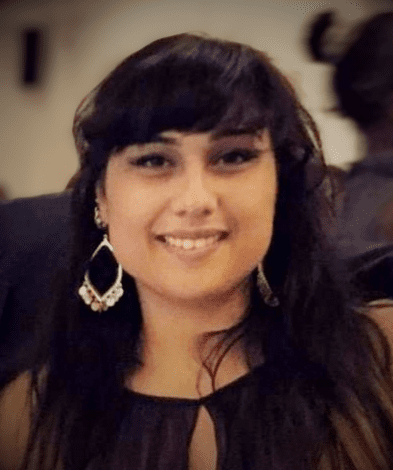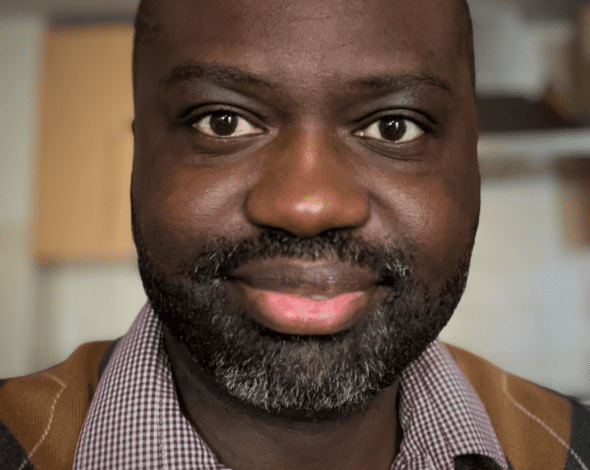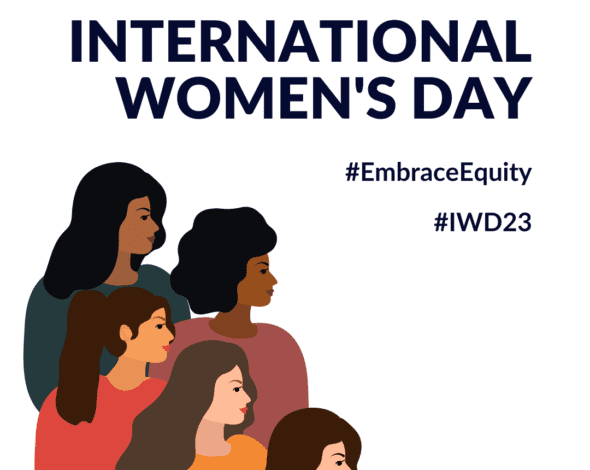Andrew Bowskill has worked in health and social care for 32 years; he spent the earlier part of his career in statutory settings before transitioning to the independent and voluntary sectors. Andrew maintained his AMHP approval throughout, and has since moved back to practice, working in a variety of social work, AMHP and AMHP management roles. Today, Andrew is an AMHP with the Cheshire and Wirral Partnership NHS Foundation Trust’s Adult Cognitive Assessment Team and a voluntary Director for People First, an advocacy group for people with learning difficulties. Here, he reflects on social work’s challenges, aspirations, and the profession’s meaning for him.
Andrew, please tell us what social work means to you.
It’s engaging, fulfilling, positive – I still enjoy meeting service users and carers after all these years. But, it’s also challenging and has its periods of stress, which are mainly down to resource allocation and budgets. When you’re an AMHP, and you’re doing Mental Health Act assessments, and there’s a shortage of beds, you’re putting risk plans together to try to keep service users safe while you’re waiting for beds. We can carry a lot of risk.
 Please share your reflections on the last year.
Please share your reflections on the last year.
For me personally, I completed my reapproval process and I am currently supporting staff and student development; I really enjoy this component of my job.
The pandemic had quite the impact on resource allocation of course. AMHPs were working with a shortage of beds, Covid on wards, restrictions in nursing homes, it became more difficult to move people around. People demonstrating challenging behaviour in a community or residential setting who needed more support couldn’t be left where they were but couldn’t be moved either. We were seeing community placements breaking down and hospitals increasingly being used.
I think a factor which has changed in the 30 years I’ve been an AMHP is there is less direct contact with people now, and Covid has heightened that of course. The debate is whether you really get a true picture of the people you are trying to support when you are meeting remotely, do you catch the hidden cues, the environmental factors impacting the person. I do casework for an Early Onset Dementia Team, that group is mature and not usually IT savvy, nor are their partners, they can’t really embrace technology but I think this will change.
There is also the impact on teams to think about. We developed an AMHP Hub and still went out to assess during the pandemic so this hasn’t really impacted me but I know people who have joined teams and haven’t met their colleagues in person; we don’t know what the knock-on effect of that isolation might be, it could become an issue.
What’s next for social work?
Inevitably we’ll continue to see the rise of IT and remote working will become more prominent. I think we’ll look to IT solutions more; if I’m looking to transition someone with complex dementia from support at home with a care package to a residential setting, I’m asking the nursing home about their internet connection; more and more people are learning to use tablets to communicate, so a good internet connection has become important.
Recruitment is another issue; there used to be a more young blood in social work but increasingly it seems the profession is carrying vacancies. Why people may or may not be attracted to social work is up for debate and how we retain experienced frontline workers is also an important issue.
I think self-assessments will become a bigger part of the process, we’re on the edge of it now. Increasingly this process of putting a care pathway in place is being pushed back to family members who may not have the experience and need help, so will we start to see more independent social workers?
We may also see the rise of contracting; frontline social work is a statutory obligation, but it could be fulfilled through contracting, which is already happening with NHS providers and charities. The debate is whether this is a genuine effort to improve efficiency or a cost-cutting exercise. It also feels inevitable that we will start to see a rise in paying for certain services, or those services being means-tested.
Please share your reflections on the World Social Work Day theme: ‘Co-Building a New Eco-Social World: Leaving No One Behind.’
Working in a statutory environment I am looking at legislation, the Mental Health Act and the Mental Capacity Act, and say with the Care Act, there is regional variation within that too. As practitioners on the ground, we are not focusing on sustainability or the global perspective, we are looking at the quality of care and the individual outcomes for that person, and how our values support this. We are however expecting that our profession’s governing bodies are working on that agenda because it is important, and you could argue this may be relevant to our recovery model, especially in mental health; the question is how we sustain that and how can we use independent and voluntary sectors to help us.
Thank you Andrew for sharing your thoughts with us.








